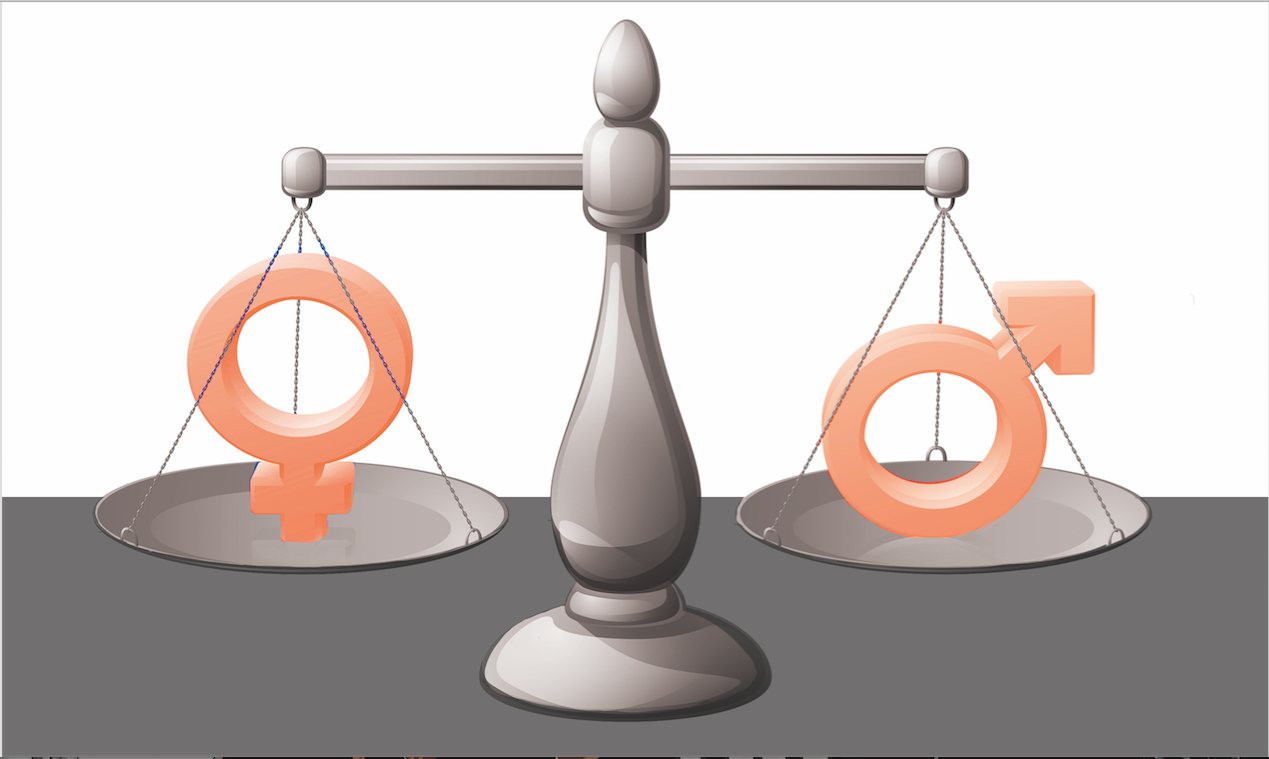

SC was born male but identified and lived as female from childhood.
She obtained official documents, including an ID, birth certificate and passport with a female sex marker, and competed as a female athlete.
However, on June 14, 2019, police arrested SC at Moi Teaching and Referral Hospital and charged her with “personation” under Penal Code s.382.
SC was initially detained in the women’s section of Eldoret police station and remanded at Eldoret women’s prison.
However, a prison strip search degraded her further, after which a court ordered a so-called “gender determination”.
SC was taken to MTRH for tests, underwent a genital examination, radiology, hormone testing and blood sampling, without her consent and beyond the court’s order. Her private medical records were also leaked to the media.
SC filed a constitutional petition seeking recognition as a transgender Kenyan, protection of her rights, damages and prison law reforms.
She won. The court found that these acts violated dignity, equality, privacy and the rights of detained persons.
In his judgment, Judge Reuben Nyakundi declared that the limitations imposed on SC’s core rights were not reasonable or justifiable in an open and democratic society.
The court explained gender identity as each person’s internal and individual experience, which may or may not correspond with sex assigned at birth, including expression through dress, speech and mannerisms.
Justice Nyakundi also gave a concise definition of transgender persons as those whose gender identity differs from the gender assigned at birth, including people who present themselves differently from the roles assigned to them at birth. Identity is treated as a fact about a person, not an argument.
KHRC’s expert witness in the case, Nkanyiso Madlala, told the court that the transgender condition cannot be cured but can only be managed. The expert described three spheres of recognition, including legal, social and medical, each essential to well-being.
The record linked misrecognition to serious mental health harm, and the court gave weight to these clinical and policy findings.
Judge Nyakundi directed the state to grant legal recognition of transgender Kenyans in Kenyan law by including a Transgender Protection Rights Act.
This is a new dawn because the ruling changes the burden of explanation. For too long, transgender Kenyans have been asked to justify their existence, and to “prove” themselves at counters, cells, clinics and classrooms.
After the court’s decision, the burden now shifts to the state to ensure that its forms, searches, placements, records and trainings are aligned with the person’s self-identified gender and with the constitution, especially Articles 25, 27, 28, 29, and 31.
This ruling does not remain abstract; its implications for institutions are immediate. In custody, placement and searches must respect self-identified gender. In clinics, procedures must be confidential and consent-based. In registries, identification documents must reflect identity so that safety is not conditional on self-disclosure to strangers.
Training, supervision and standard operating procedures must reflect the judgment, and oversight bodies should measure compliance, not intention.
There is work ahead.
The Attorney General should convene a drafting process, issue interim guidance for police and prison practice and supervise rapid training.
Parliament should legislate clear protections, either through a new Act or by complementary measures already before it.
It is very progressive that the court has taken recognition of transgender Kenyans out of the realm of discretion and placed it firmly in the law’s domain. The petitioner asked for dignity, which the Constitution promised. The judgment shows the route, and now the State has no excuse but to deliver it.
Adrian Kibe leads the sexual and gender minorities work at the Kenya Human Rights Commission
















